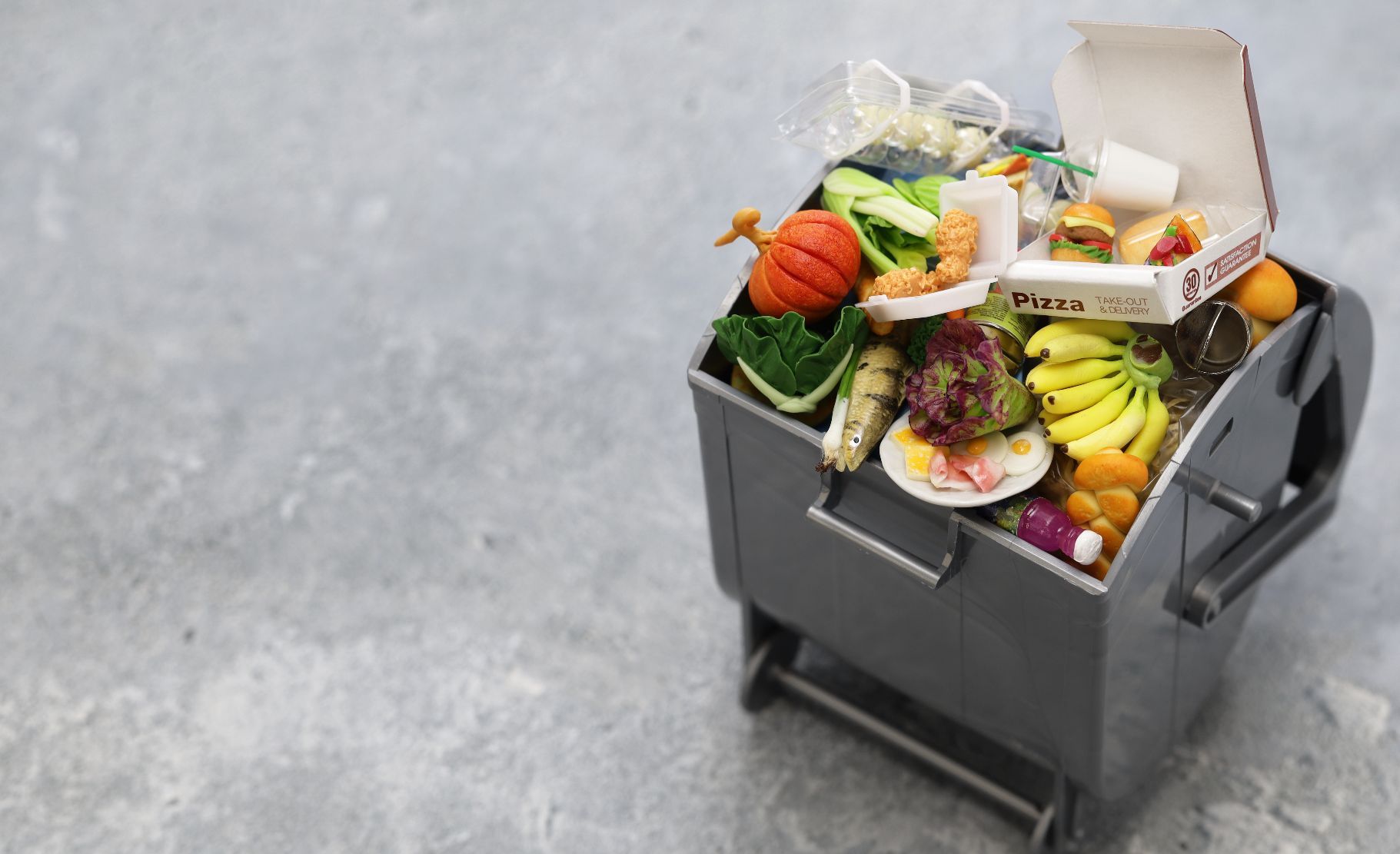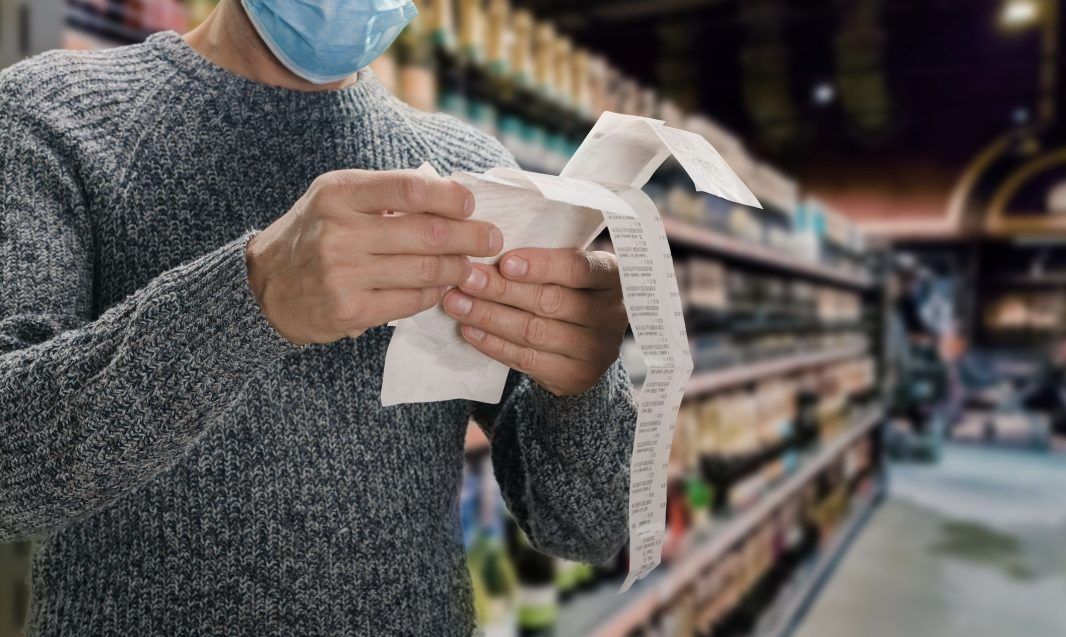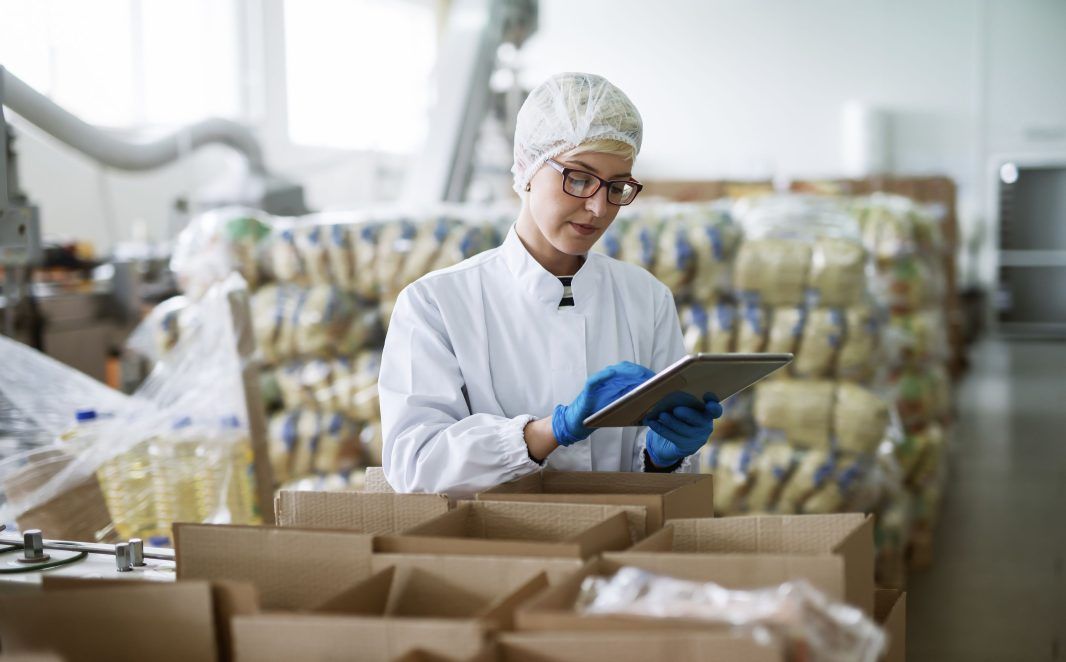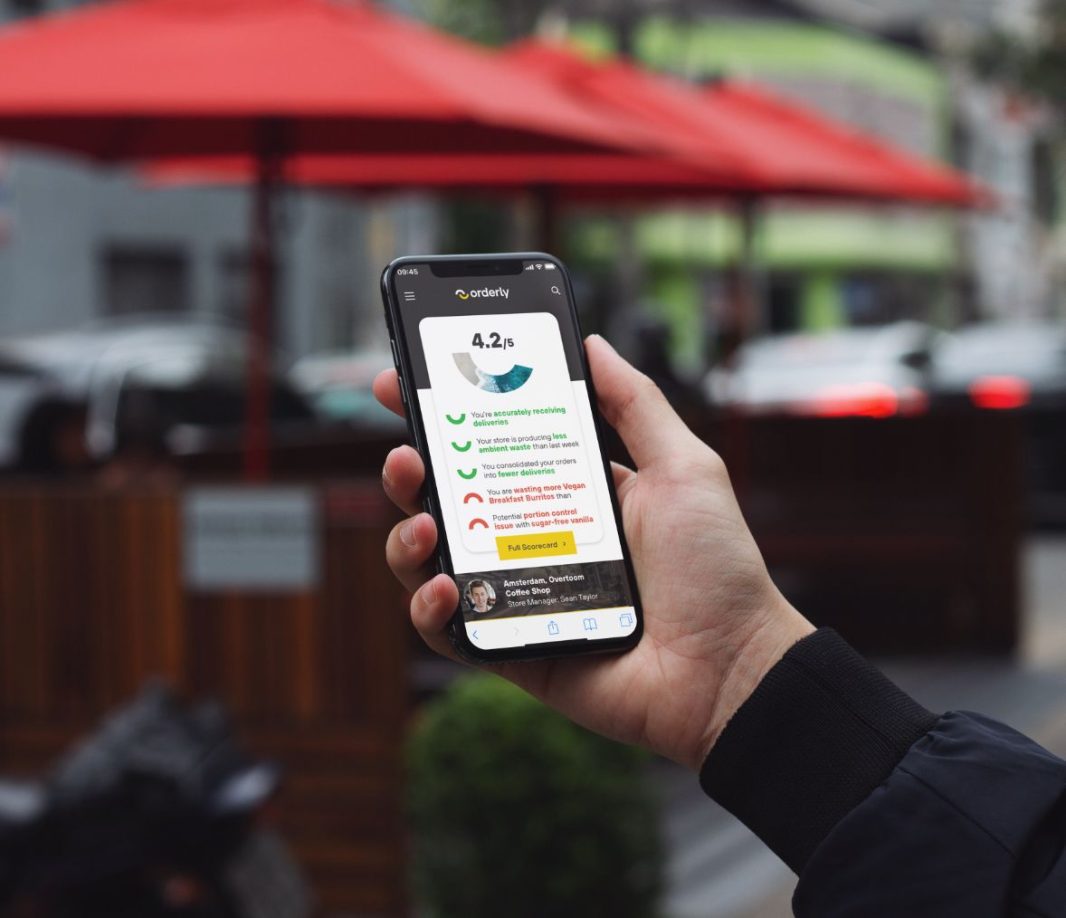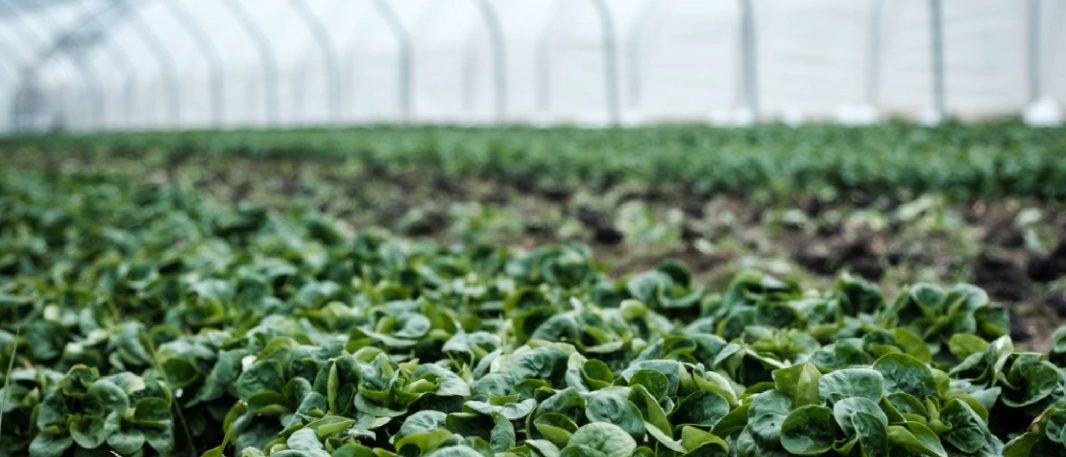To quote John Steinbeck – “Best laid plans of mice and men often go awry.” The same can be said of businesses and their food waste reduction plans. You may have had all the best intentions when you started out, but somewhere along the way things got off track. Feeling a bit guilty? Well, one silver lining for your conscience is if food waste reduction has dropped off your radar, right now, you’re in the majority, not the minority.
According to a new study commissioned by Sodexo more than 60% of food buyers in the UK have reported an increase in food waste over the last six months. The main reason was noted as the current supply chain crisis with more than one-third (35%) deprioritising food waste as a result. While the study did find that 83% of respondents believed they’d created more resilient supply chains since the pandemic created major disruptions, this has come at the cost of waste targets.
COVID-19 showed just how fragile the food system can be and, in the UK, supermarket shelves were bare — yet warehouses were full. Food could not get where it needed as predictive algorithms failed and communication channels broke down. The Russia-Ukraine conflict and COVID-19 lockdowns in China have recently exacerbated issues. Because the food supply chain is now globalized there are more opportunities for disruptions, which can lead to an increase in food waste.
What can you do to reduce food waste in your business and get things back on track?
There will always be some issues in the supply chain. In fact, disruptions are inevitable. The key is to build a food waste reduction plan that can adapt to these disruptions and minimize their impact on your business.
Diversify your suppliers
Getting hold of the raw materials needed to make foodstuff (at the right price) is a key issue right now, especially with import tariffs affecting food supply chains.
It’s important to have more than one supplier for each key ingredient to avoid being caught short. A diversified supplier portfolio makes good sense anyway as it helps to mitigate against the risk of any one supplier going out of business or having other problems.
According to the Sodexo study, 38 per cent of food buyers are planning to diversify by working with smaller suppliers, while 35 per cent want to source more food within the UK. This is a smart move.
Also consider their goals and ethics too. Developing partnerships with suppliers and distributors who share your commitment to reducing food waste is essential to ensuring that your efforts are successful. Can’t switch right now, or struggling to even source a diversified portfolio? Work with your existing suppliers to develop a contingency plan for disruptions.
See where your gaps might be
Understanding the current situation is key. One of the key problems we see is businesses only working off their theoretical cost. This is what your food costs should be for a certain time period. It considers your ingredients and assumes your store is operating with portion perfection, zero waste and no shrinkage of ingredients.
Your actual cost is “your real-world cost”, which includes the gritty real-life issues – understaffing, inaccurate portion sizes, theft and much more.
Without a clear picture of what’s happening, you’re unlikely to be able to significantly move the needle on food waste.
Thankfully, technology can be on hand to prevent this with end-to-end supply chain visibility.
By being able to see where commodities are throughout the chain, stakeholders can work together to release bottlenecks, reduce waste and distribute this food properly.
It’s about the right timely and accurate data, to the right person at the right time.
Educate your team
Educate employees on the importance of food waste reduction and what they can do to help. Teach them about the different ways to store food, how to properly portion meals, and how to spot when food has gone bad. People need to be made responsible for their actions, and that is why Orderly’s technologies are built around the principle of influencing responsibility across the supply chain. We want to make responsibility front and centre in all our applications. Tools like our order management and forecasting software were built to enable people to take sustainable action should they wish, but now we are striving to drive them to do so.
Take our Orderly Score, for example. The Orderly Scorecard is deployed to every supply chain-focused colleague in an organisation. It is built with three principles; using AI to display three sustainability areas that the store is doing well at, two they can improve upon and finally, one overall, gamified “Orderly Score”.
Regularly check your stock and supply chain efficiencies
Keep an eye on your inventory levels and order only what you need. This will help to reduce the amount of food that you waste and will also save you money in the long run.
Regular audits of the supply chain can help identify areas where waste is occurring so that corrective action can be taken
By following these tips, you can help to reduce food waste in your business and get back on track.
Use Orderly.
From Nestle to Morrisons, Starbucks to Eurogarages; our clients have been using our solutions to make positive impacts upon the world for many years. Reducing waste by consulting reports in our inventory management system, to ensuring additional sales channels were built to provide additional routes to market, ensuring a higher yield throughout the supply chain — Orderly’s tools have always strived to support companies in their CSR goals.

